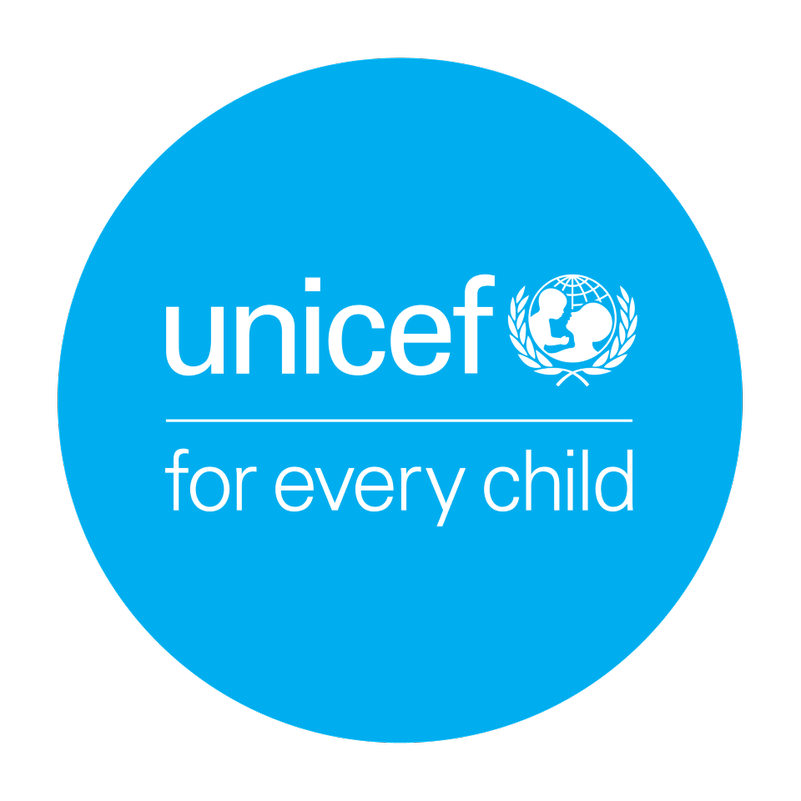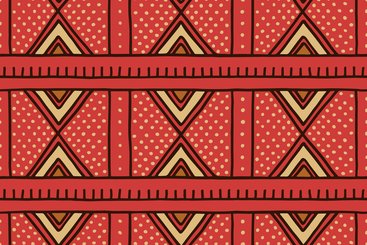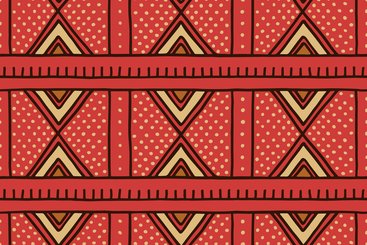Female genital mutilation/cutting (FGM/C) and child marriage both constitute acts of gender-based violence and negatively affect the rights and development of girls. In Mali this is of great relevance: it is estimated that 89% of women aged 15 to 49 are cut and 53% of women are married before they turn 18 years old.
This study presents the key research findings to quantitatively assess social norms related to FGM/C and child marriage in five intervention zones in Mali: Bamako, Kayes, Koulikoro, Sikasso and Ségou. The aim of the research is to better understand if and how social norms may be driving the persistence of these two harmful practices, and to offer preliminary data points from which potential shifts in norms can be measured.
-
Une analyse quantitative des normes sociales concernant les MGF/E et le mariage d’enfants au Mali [français]
Read more about Une analyse quantitative des normes sociales concernant les MGF/E et le mariage d’enfants au Mali [français].
This quantitative analysis was developed by ODI in partnership with Plan International Mali and with financial support from the Spotlight Initiative through UNICEF Mali.







